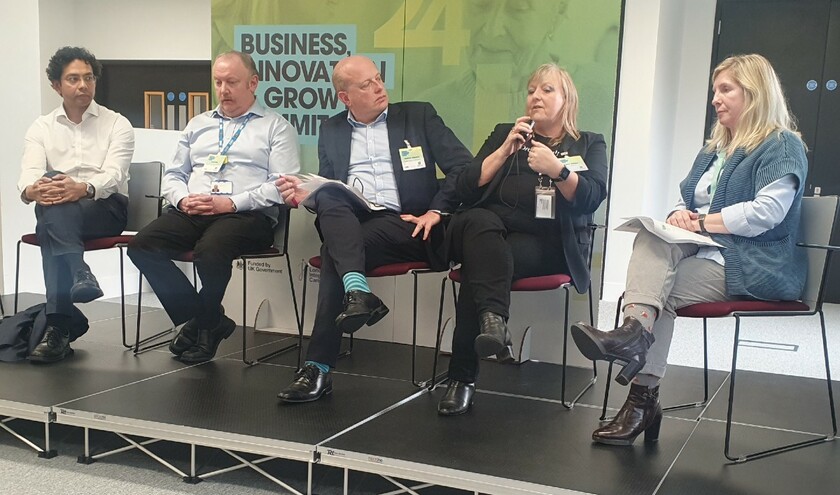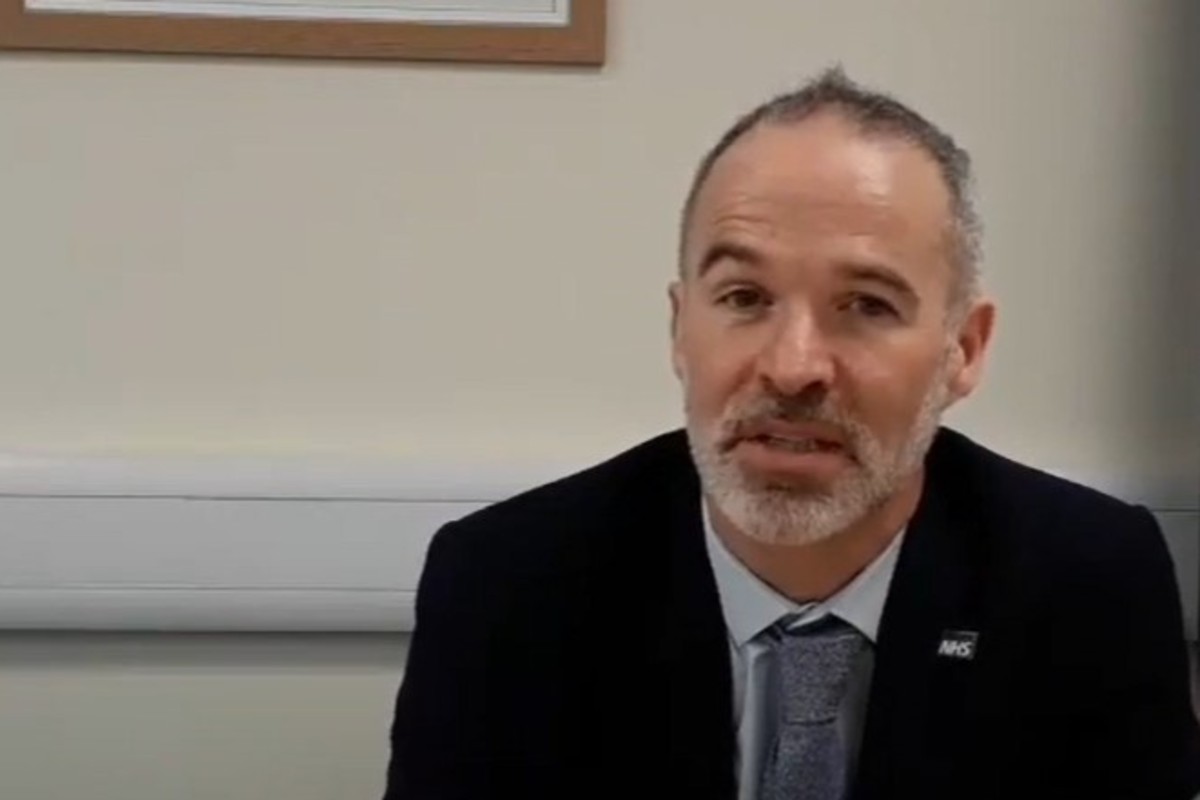More than 250 delegates from ICBs, trusts and universities across South London gathered in Croydon at the end of November for the latest Business Innovation & Growth (BIG) Summit, which looked at future health in the region.
BIG - a programme of support to boost startup and established business growth in South London - was created by the South London Partnership, a collaboration of five London Boroughs; Croydon, Kingston Upon Thames, Merton, Richmond Upon Thames and Sutton.
Matthew Hamilton, director at South London Partnership, told delegates: ‘Innovative breakthroughs in digital health technologies are not only transformative and re-engineering care processes and improving healthcare outcomes, such as care quality and patient safety, but can also have major socio-economic impact.'
Delegates heard about the convergence of consumer healthcare and traditionally provided healthcare, with patients taking a lot more control over their own health, and the desire from people working in healthcare to enable that change to happen.
John Byrne, chief medical officer at NHS South West London ICS, said: ‘We need to embrace digital because it frees up capacity.'
He called for the NHS to work more with the commercial sector, ‘we need to get over ourselves, they can help solve our issues'.
Martin Ellis, chief digital information officer at South West London ICB, predicted Ambient AI will be a gamechanger in healthcare. That's essentially where the technology will listen into a conversation, that conversation will be summarised and injected into the patient record system.
He told delegates: ‘It's being trialled by Great Ormond Street successfully in outpatients. And what it does, it reduces, it starts to reduce the time that clinicians spend keying information into the EPR, and at the moment, that's about 25% of their time.
‘If we can get that down to below 10% that means we freed up almost a fifth of their time to do clinical work. That's really important, and that will a give us better productivity for clinicians, but also make it more a more enjoyable place to work.'
Dr Rishi Das Gupta, chief executive Health Innovation Network South London, said that AI is a no brainer in terms of buildings and environment management.
He said: ‘All the HVAC systems are trying to adopt newer technologies and that also speaks to the green agenda and the net zero agenda. So I think that's definitely coming down the line.
‘I think there's a big area around workforce management, because there we're not talking about clinical risk in the same way, we're talking about a set of technologies and digital tools which have been proven in other industries and the ability to bring those into an industry which is largely about people and about managing large numbers of people delivering care is really exciting.
‘The third area, I think, is non-clinical AI. So a lot of the administrative tasks and how those are adopted, and again, some of the regulatory tests that we would apply are easier to overcome in non-clinical AI.'
Delegates also heard about the potential of hybrid doctors and the future use of avatars.
In addition, Byrne predicted that obesity injection tirzepatide will also have a huge impact on the future health of the UK.
He told delegates: ‘If it is safe, it could transform outcomes for the NHS, so less potential cancer, less hip and knee operations, probably less depression, less hypertension, less diabetes.'
Byrne added: ‘There is resistance to using it, clinicians are worried that it will blow their budgets, but we can't look a gift horse in the mouth.'
The event saw companies spanning AI and apps pitching to delegates. Pitching companies included re:Action Health Technologies, Punto Health, Happy Steps, Well Mind Stream, I-CAN, Meds on Time, Technocomm, Miznee, i3 Simulations, Healthtech-1, Start Up Croydon, NodeIN Instruments, Zirclab UK, Travel Hands, Keys Community, MyMynd, and South London Careers Hub.



